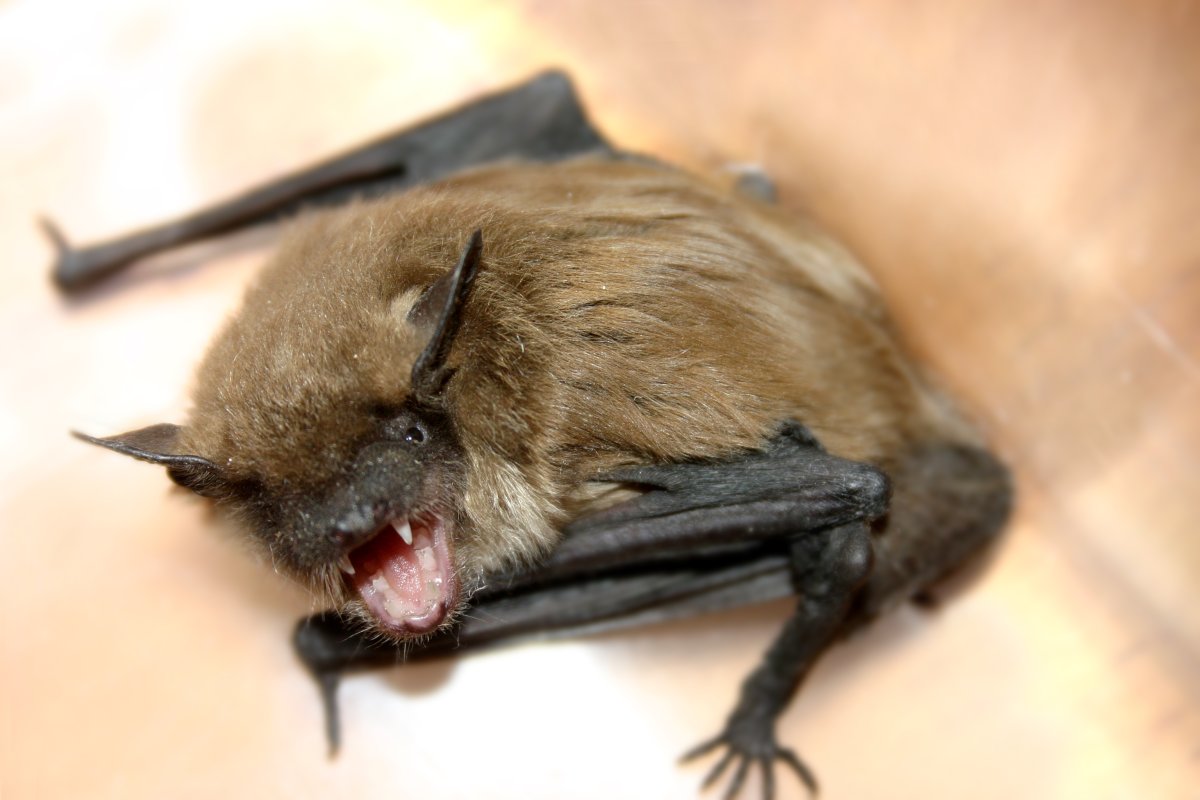Researchers in New Zealand have discovered two new coronavirus lineages in bats, with infection rates reaching over 60 percent in some species.
Many of the diseases that plague the modern world—think AIDS and COVID-19—are thought to have originated from animal reservoirs. Bats in particular are a rich source of these so-called zoonotic diseases, thanks to their immune system's unique ability to ward off symptoms from viruses that would have a human in the ICU.
Studying the viruses present in bat populations is therefore essential to prepare ourselves for future pandemics. But so far, our efforts have largely been focused in small regions or on specific species. In particular, bats in tropical regions like Southeast Asia and Western Africa have been extensively explored, but the bats in temperate regions, like New Zealand, have been less well studied.
"Bats from temperate countries have some peculiar physiology, such as torpor (a decrease in body temperature and metabolism), which could increase their ability to be infected by viruses," Pablo Tortosa, a researcher in infectious and tropical diseases at the University of La Reunion, on the French Indian Ocean island of the same name, told Newsweek.
"The insularity of New Zealand is also interesting from an evolutionary standpoint—these bats and their viruses have been out of contact of other bat populations for millions of years, so that provides an ideal framework to study the long-time evolution of viruses, including coronaviruses."

SARS-CoV-2 (the virus behind the COVID-19 pandemic) is just one of many coronavirus lineages, which can be classed into four groups: Alphacoronaviruses, Betacoronaviruses, Gammacoronaviruses and Deltacoronaviruses. Don't let the Greek letters confuse you—all of the different strains of SARS-CoV-2 come from one lineage of betacoronavirus.
"All coronaviruses that have led to major human epidemics—e.g. SARS and MERS—are betacoronaviruses," Tortosa said.
There are, however, several alphacoronaviruses which can also infect humans, although these have not led to such large-scale epidemics.
To learn more about the coronavirus lineages present in New Zealand's bats, Tortosa and his team screened for the presence of coronavirus lineages in two local bat species: the lesser short-tailed bat and the long-tailed bat. In their analysis, published in the New Zealand Journal of Ecology, the team discovered two new distinct alphacoronavirus lineages hosted by these New Zealand bats.
The prevalence of coronaviruses in the lesser short-tailed bat was fairly low, but in the long-tailed bats, over 60 percent of the sampled individuals were infected.
"Other surveys we have been doing in tropical bat species show that the prevalence of coronaviruses (and that of other pathogens) are extremely dynamic, strongly seasonal," Tortosa said. "It seems that [childbirth] and, for some species, aggregation before [childbirth], strongly enhance transmission. This could be the case here as bats were sampled following the reproduction season, which could correspond to an infection peak. Ideally, we should follow up the prevalence through the whole season."
The coronavirus lineages are also closely related to coronaviruses found in an Australian sister species to the long-tailed bat. "Our data strongly suggest that long-tailed bats colonized New Zealand from Australia a few million years ago, and analyzing sequence data from Australasian bat coronaviruses can let us know how fast do these viruses evolve," Tortosa said.
More work is needed to understand the evolution and seasonal dynamics of these viruses, but this study clearly highlights the need for a more nature-focused approach on public health.
Is there a health issue that's worrying you? Do you have a question about coronaviruses? Let us know via health@newsweek.com. We can ask experts for advice, and your story could be featured on Newsweek.
Uncommon Knowledge
Newsweek is committed to challenging conventional wisdom and finding connections in the search for common ground.
Newsweek is committed to challenging conventional wisdom and finding connections in the search for common ground.
About the writer
Pandora Dewan is a Senior Science Reporter at Newsweek based in London, UK. Her focus is reporting on science, health ... Read more





